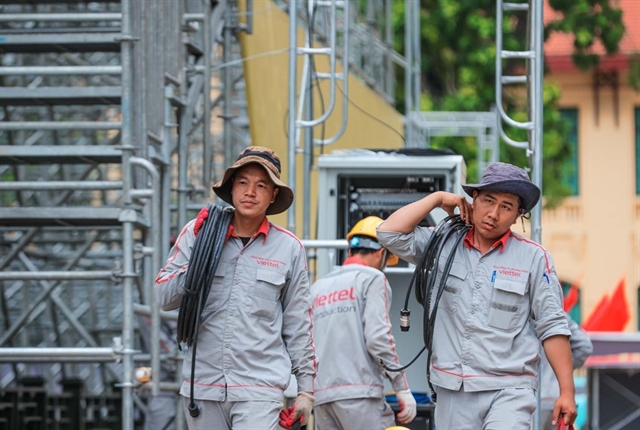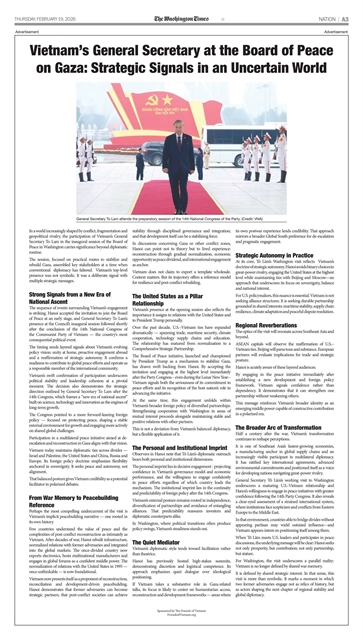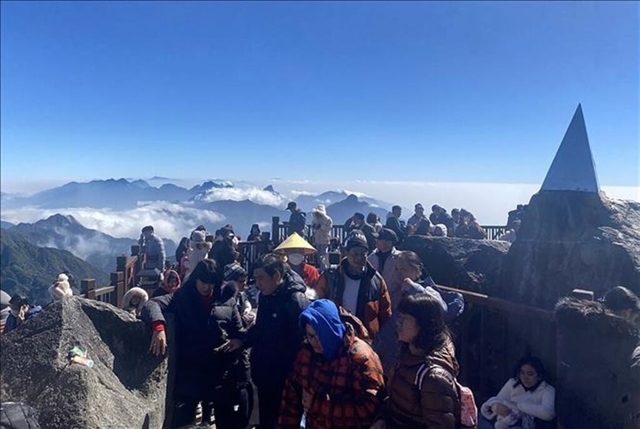 Life & Style
Life & Style
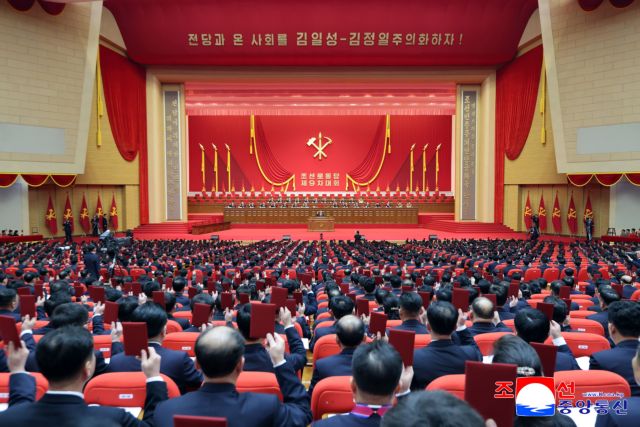
Hà Giang is beautiful at any time of year, with endless scenery to entertain and inspire visitors. While some travel far and wide across the province, for many the Lũng Cú flagpole is one milestone not to be missed.
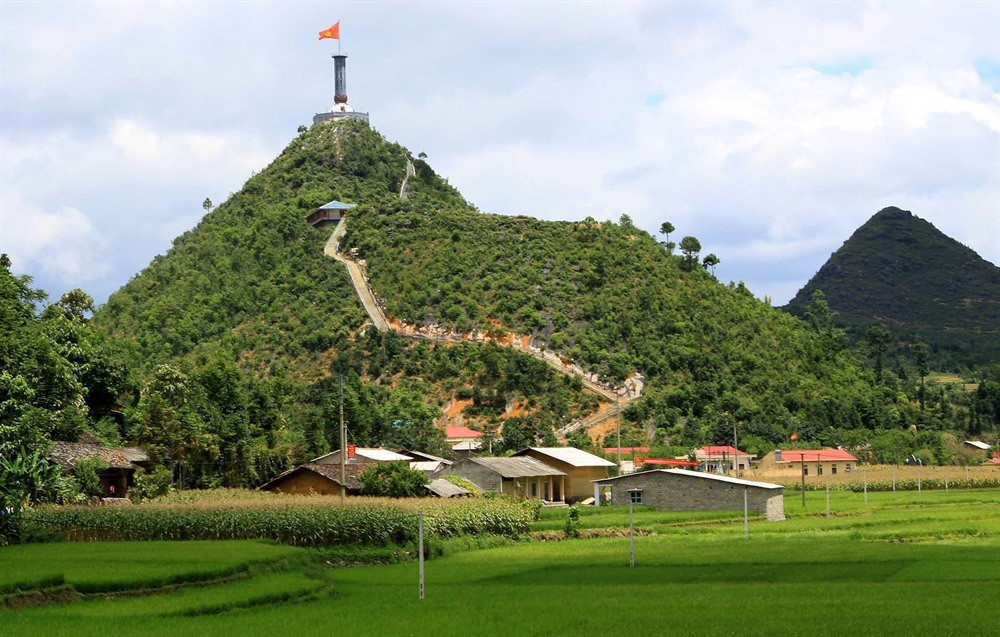 |
| The Lũng Cú flagpole that marks the northenmost tip of Việt Nam. It is one of the most visited landmarks in the country. VNA/VNS Photo Nhật Anh |
Nguyễn Mỹ Hà
Hà Giang is beautiful at any time of year, with endless scenery to entertain and inspire visitors. While some travel far and wide across the province, for many the Lũng Cú flagpole is one milestone not to be missed.
Located at the peak of the Đồng Văn lime karst plateau, Lũng Cú flagpole marks the northernmost tip of Việt Nam. It is where Vietnamese living at home or abroad long to visit at least once in their lives.
There have been differing opinions on the source of the name Lũng Cú – it can be Long Cổ meaning a drum with a dragon on it, or Long Cư meaning where dragons live. From a linguist's point of view, the name means ‘Dragon Valley’.
This explanation may fit the geographical structure of the lime karst area, and it follows the legend that today’s Việt people are descendants of the Dragon Father Lạc Long Quân and Fairy Mother Âu Cơ.
Lũng Cú is located on a plateau between 1,600 and 1,800m above sea level. Nine hamlets in the commune share a 16km border with China. The deep valley of Thèn Ván on the left and the emerald green Nho Quế river make for breath-taking views of the area.
In Lũng Cú, artefacts from the Hùng King era can be found, which date back more than 4,000 years ago. History says that Emperor Quang Trung, during his Tây Sơn reign (1788-1792), ordered a giant bronze drum to be placed at Lũng Cú to announce royal orders. It is now the site of the Lũng Cú border patrol station. This could be the reason why Lô Lô people in Lũng Cú still use the bronze drums, which originate from the Đông Sơn era.
This month, Hà Giang made headlines across the country not for its spectacular views and tight mountain turns, but for new constructions at sacred sites. The news sparked concerns they not only destroy the natural scenery, but also the environment.
A vast tourism complex has been under construction for two years. The 75ha project had been reviewed for its environmental impact in 2018, which reserves 70.5ha for the brand new Lũng Cú Pagoda and a 4.5ha-site for a giant Buddha statue. Another complex includes 4.8ha for Lũng Cú pagoda, nearly 2ha for a Buddhist academy and 9ha for homestays.
The project had applied for and received a licence for the ongoing construction. They even obtained an environmental assessment report from the Ministry of Natural Resources and Environment.
Questioned by the press on whether the project was for the community or for profit, the Phúc Lộc group of Hà Giang reportedly told Tuổi Trẻ newspaper that the company will run the 9ha homestays. “(The company) wanted to build a cultural milestone to protect national sovereignty and also help develop the local economy for a still poor province like Hà Giang."
The culture ministry sent a letter to the Hà Giang People's Committee, saying combining three different types of tourism in one project is not encouraged. These three types of tourism – cultural, religious and eco-tourism are different in nature. According to the letter, Hà Giang has a diverse geological structure, so eco-tourism that involves exploring nature, hiking and trekking to get to know the local life of ethnic minority people is best here.
This viewpoint has also been made clear in the master plan for development of the National Đồng Văn lime-karst plateau, approved by the Prime Minister in 2017.
Looking at the vast side of the mountain that has been cut for construction, "it's not eye-pleasing when you look at it now," says Giàng Mí Cấu, a local Party Committee Chief. "But you need a surface to get the project going."
The culture ministry also requested that the homestay area be removed from the current project, meaning out of the second protective tier to the Lũng Cú flagpole. "Homestays should be incorporated with local communities who have already lived here for many years."
Reflecting on the sites to build huge pagodas, conference centres and religious academies across the country, an unnamed monk said: "You don't need to build huge pagodas, you need to train people. Monks need time to study and better themselves, more pagodas won't help!"
And as a tourist, I would not want to stay in those homestays. In the old days, monks looked for quiet, secluded places to seek tranquillity. Now modern companies bring all the facilities to the secluded sites to bribe them with comfort.
We arrived at the Lũng Cú flagpole late in the afternoon, as the sun was setting. I took my camera to get a panoramic view in all four directions from the base.
How beautiful and grandiose Hà Giang was, and still is, without mega-projects! — VNS



